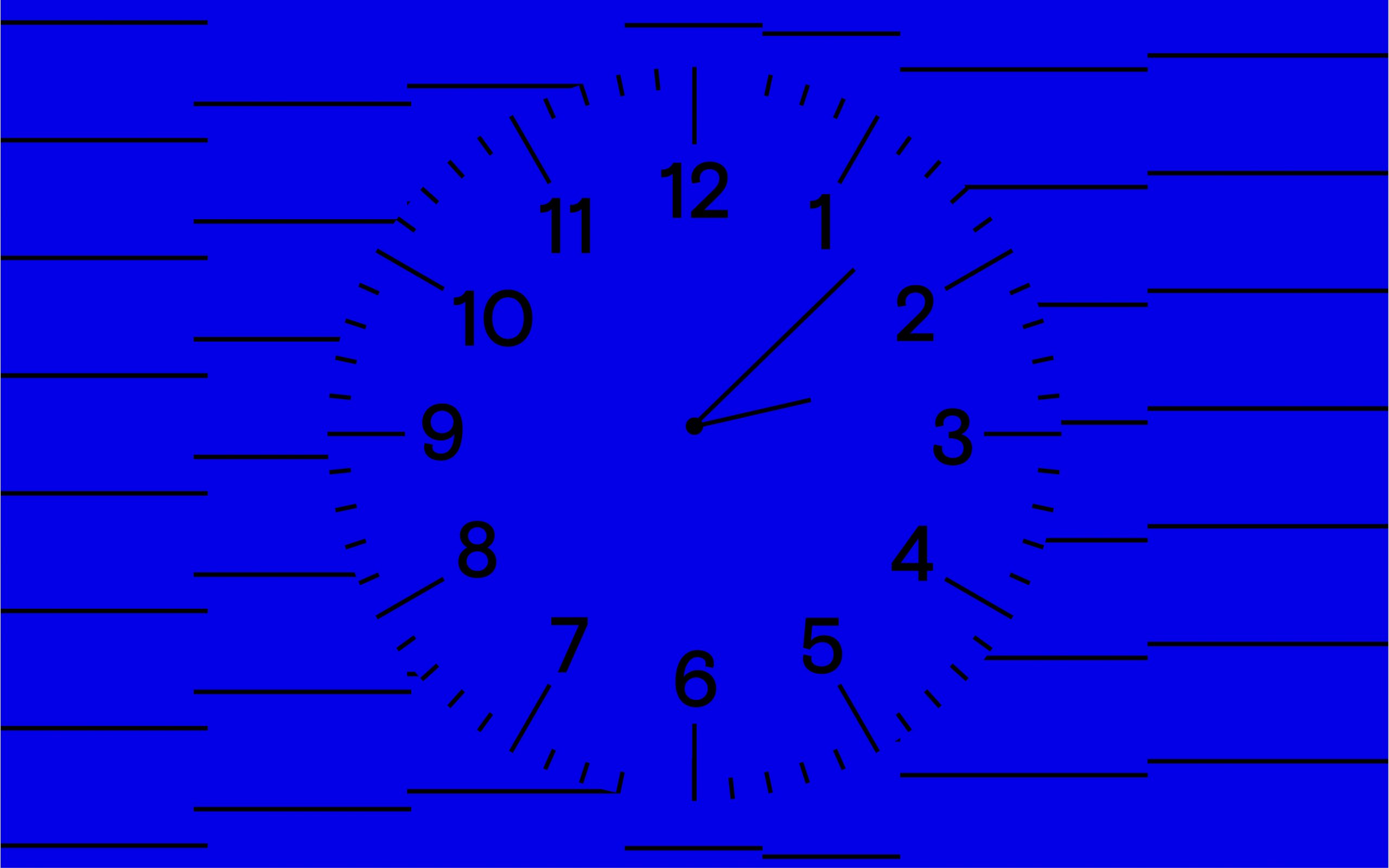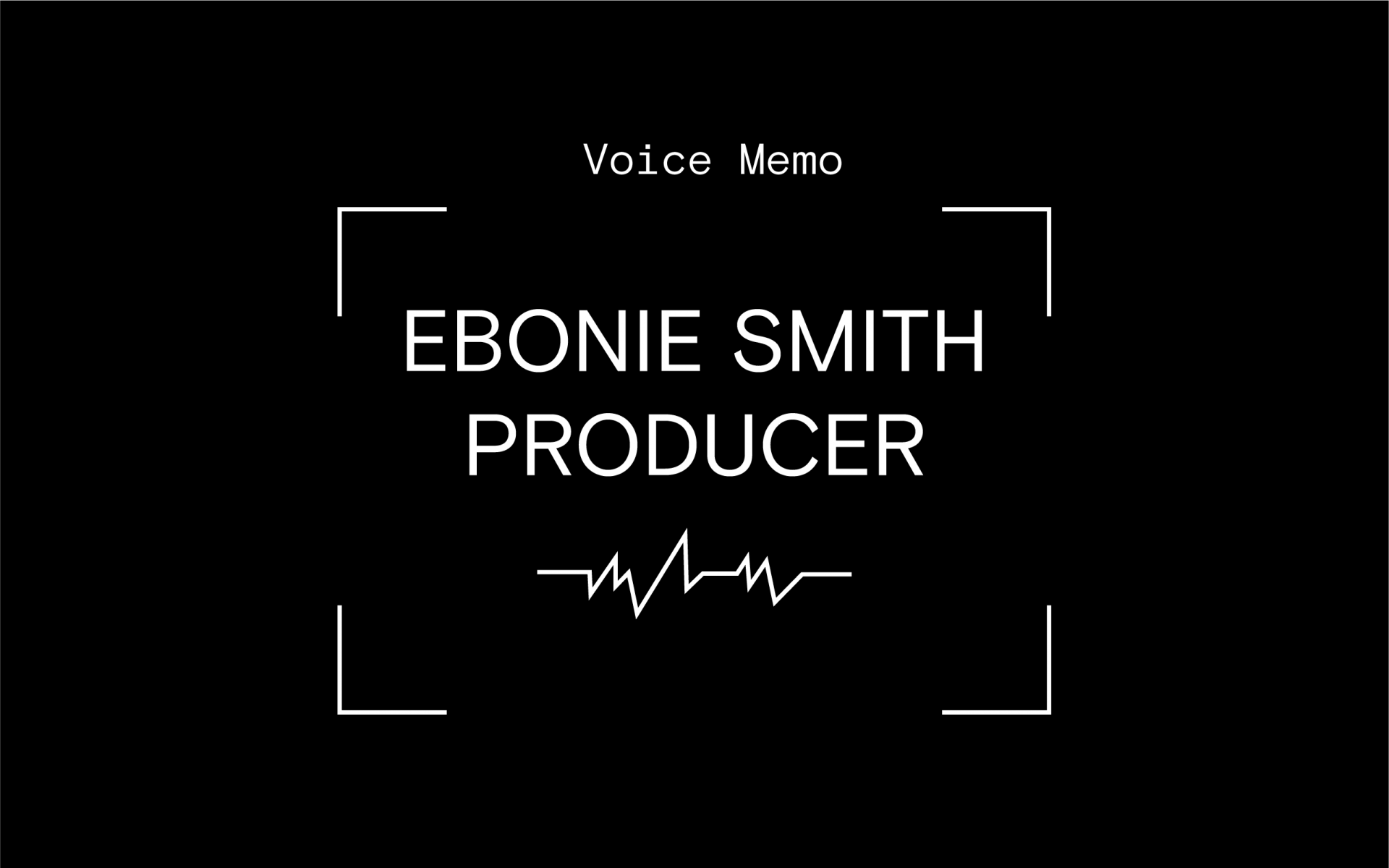You’re listening to the final mix for your next hit single and it sounds amazing. Yet — something still feels off. Compared to other songs you admire, your track doesn’t sound quite ready for release. What’s missing?
More specifically, it’s a series of sonic adjustments an engineer makes to polish a mixed track and maximize its listening experience.
There’s no such thing as a one-size-fits-all master (another term for the mastering process). For every song, project, and artist, the specific adjustments a mastering engineer must make will be unique. Generally, however, a good master will make your songs sound louder and more dynamic, add clarity by balancing the frequency ranges, and meticulously sculpt the stereo field to better immerse listeners. In addition, a talented mastering engineer can catch and treat any remaining audio blemishes (pops, crackles, and other types of distortion) before bouncing your songs with the correct labels and in the correct formats for wide distribution.
The better a track is mastered, the higher its potential for success. Think of the songs that seem to follow you everywhere — that thrive on any listening device and in any setting from your headphones to your favorite club. Though post-production may not be the first thing on your mind when these tracks cross your ears, you’d be hard pressed to find a popular artist who doesn’t rely on the sonic sheen that mastering provides.
Good engineers will have your entire project at the forefront of their minds as they work. By carefully evening and accentuating the aural qualities between songs, they’ll create a more seamless listen for your fans, helping your next record sound more like a cohesive project and less like a collection of songs.
When should I master my track?

Before you embark on this step, be sure to ask yourself a key question: “Am I sure my track is ready to be mastered?” Your first instinct may be to nod yes and charge ahead, but there are few items to consider.
First, before sending your song or album off to be mastered, you should be 100% committed to every musical decision you’ve made in your final mix. While mixing deals with the inner workings of a song, mastering engineers work in broader strokes and shape the entire track rather than individual parts. This means they won’t be able to raise or lower your lead vocal line, swap out your 808s, or weave in a new sound effect you created at the last minute. If you decide to rewrite your chorus melody, be sure to do so before the master or you can render your engineer’s work useless.
Before mastering starts, sit with your final mix (try stepping away and revisiting it) and make absolutely sure that it embodies your artistic vision. Mastering can be expensive and arduous. There’s not much reason to master a song you don’t love.
Once you’re confident in moving forward, it’s time to zoom out and look at your current situation. Are you working on a larger body of work? If so, it may be worth waiting to send the entire album. Are you sure you’re going to release your track? In music, tracklists can change just as fast as the plans that guide them. Keep your money until you’re sure about your release plans. When is your release date? Rushing your mastering job is like taking a long shower only to throw on dirty clothes. Don’t let a sloppy master undo your hard work. Allocate time to do revisions and get second — even third — opinions before you get started.
What are my options?
To date, there are three main options for mastering your music: self-mastering, hiring an outside engineer, or using an automated mastering service. Though hiring an engineer tends to be the industry standard, audio technology is getting better and more accessible by the day, making all three equally viable. As the artist, the decision is yours as to what path will best serve your creative vision and budget.

1. Self-Engineering
As the term implies, you’ll be taking on the task of mastering yourself. Assuming you’re not an engineer already, learning to become one can be artistically empowering. You’ll have the final say over how your song comes together. As your audio knowledge increases, your artistry will also grow. Though online classes, gear, and audio software may present upfront costs, you’ll save money over time and may even be able to offer your expertise to others for a fee.
On the downside, gathering the proper resources can be tricky. You’ll need a treated listening space, a high-quality sound system, and a deep reserve of audio knowledge. Pulling these items together will likely be time-intensive and can pull your focus away from other areas of your artistry. Lastly, it’s difficult to remain objective about your own work. After growing attached to a song or a project, it may be difficult to modify key qualities of the sound even if it will serve your music better in the long run.
Despite its drawbacks, this option is growing more popular amongst DIY-leaning artists like Yuno, Men I Trust, and Cautious Clay.

2. Hiring an Outside Engineer
The most common option is hiring an outside engineer. A professional engineer will have the proper space, listening devices, and sound-sculpting tools to ensure a job well done. However, their most valuable quality is their “ears.” After years of working on different projects, they’ll be able to draw on a well of experience and sonic reference points. Perhaps more than any other option, they’re the most likely to consistently deliver high-quality work. Over time, as your engineer better understands your artistry, they can become a valued member of your team by providing creative feedback and opening your ears to new possibilities.
Engineers have their own set of cons as well. Since they’re often in high demand, they are almost always the most expensive of the options. Often, they’re fielding several projects at once, meaning you may need to adjust your release schedule to fit their availability. More so, connecting with the right engineer in the first place can be difficult. You’ll need someone who gets your creative vision, has experience with projects suggestive (in genre or spirit) to yours, and suits your workflow and budget.
Nonetheless, this is the path most artists choose. If you’re looking for a mastering engineer for the first time, start by asking peers and collaborators for recommendations. If that fails, look up engineers who work with your favorite artists through an online database like Discogs.com.

3. Automated Mastering Services
A unique meshing of the previous two, automated mastering services like Landr, Cloud Bounce, and Maztr use advanced algorithms and AI to master your tracks. Though once frowned upon by the engineering community, these “digital engineers” have become a viable alternative as of late by rolling out more and more detailed mastering features.
By far, such services are the most accessible option. They usually charge a monthly or per song fee, with Landr’s most expensive plan costing $25 a month. Compared to human engineers, these services work much faster, doing in minutes what takes most engineers days or weeks to complete.
However, machines are still machines. Without the ability to truly get what you’re going for, they are essentially mastering blindly. Sure, they rely on an impressive series of sound-analyzing technologies, but such services still have trouble discerning between creative decisions and actual errors. Particularly on deliberately lo-fi recordings, you may find it difficult to get exactly what you want from these services. To top it off, their revision options are limited which means it’s up to you to make sure your files are properly formatted and labeled.

After the Master
Once you’ve had your track mastered, listen to your song on a variety of sound systems. Compare your track with other tracks you admire. Your master should take what you loved most about your final mix and dial it to ten while wrapping it in a professional sheen. No matter how good it sounds, never shy away from exploring your options. Pay thorough attention for areas where a revision might help. At the end of the day — if you have the time and money — nothing is stopping you from trying other engineers or mastering methods if there’s still room for improvement.
A great mastering job will make you even more confident in playing your music for the world. It allows for the best listening experience possible while showing new listeners that you take your art seriously. Though it is often an underrated step, mastering will prepare your creative output to have the most resonance it can.
Corey Smith-West is a writer, producer, and guitarist based in New York City. He’s one half of the Surf R&B duo, Bathe, and has also written for Pitchfork, GQ, and Bandcamp.
Interested in writing for Level? ↳




